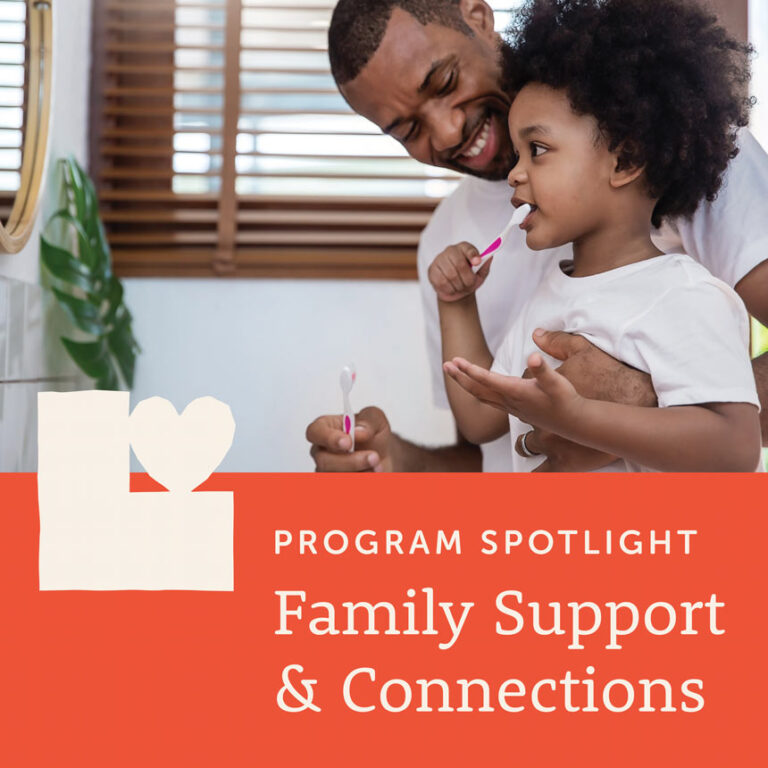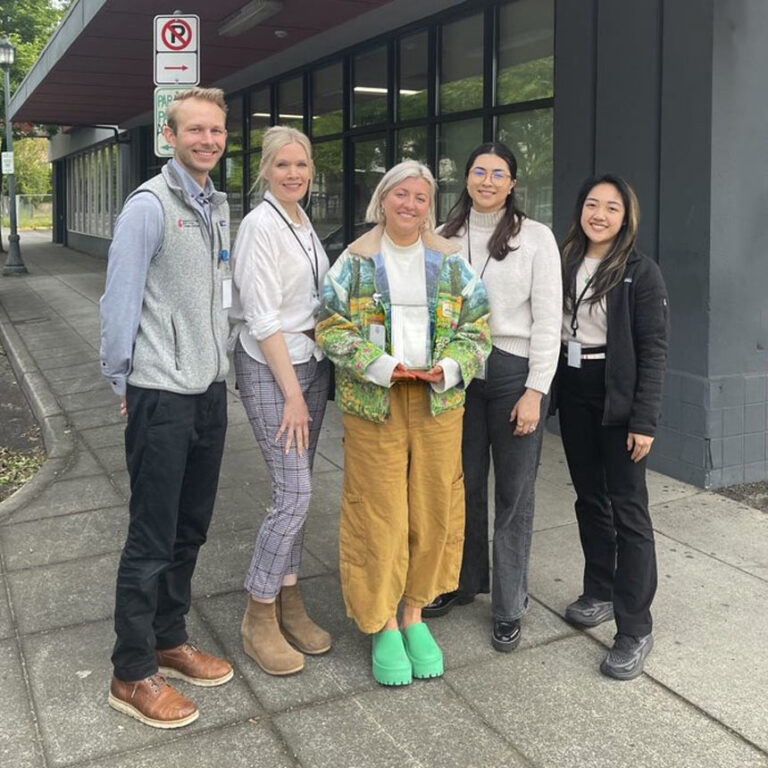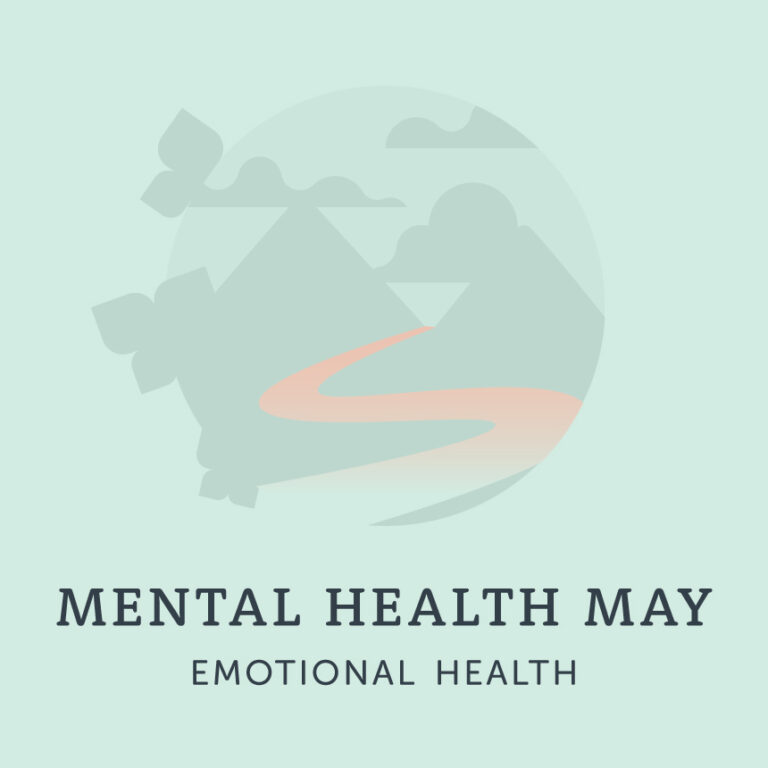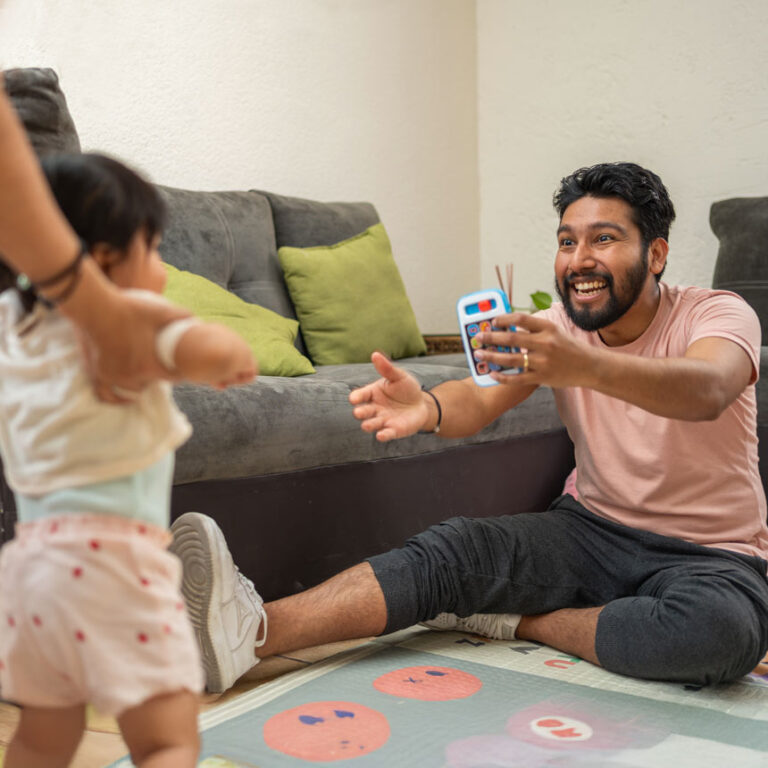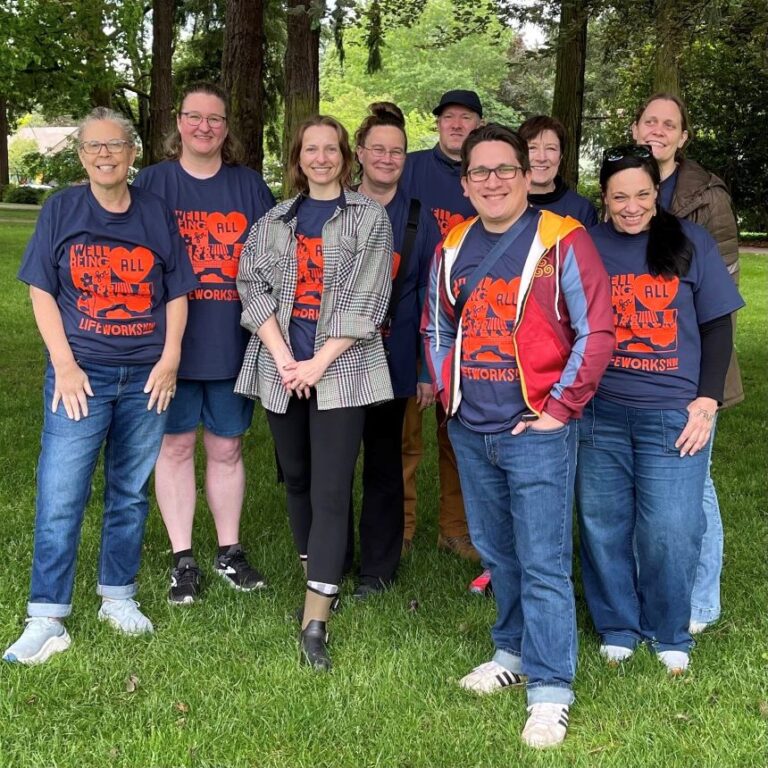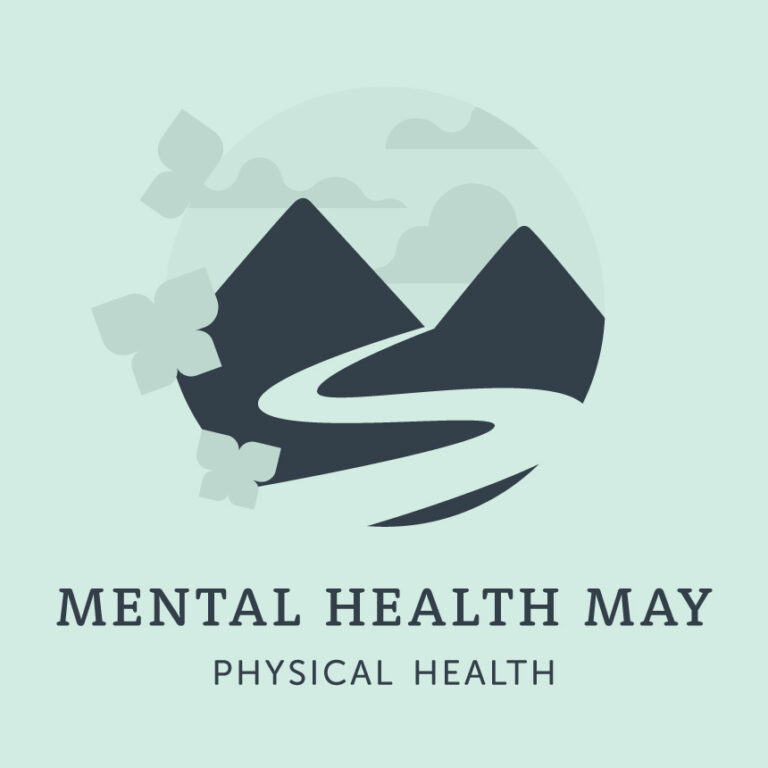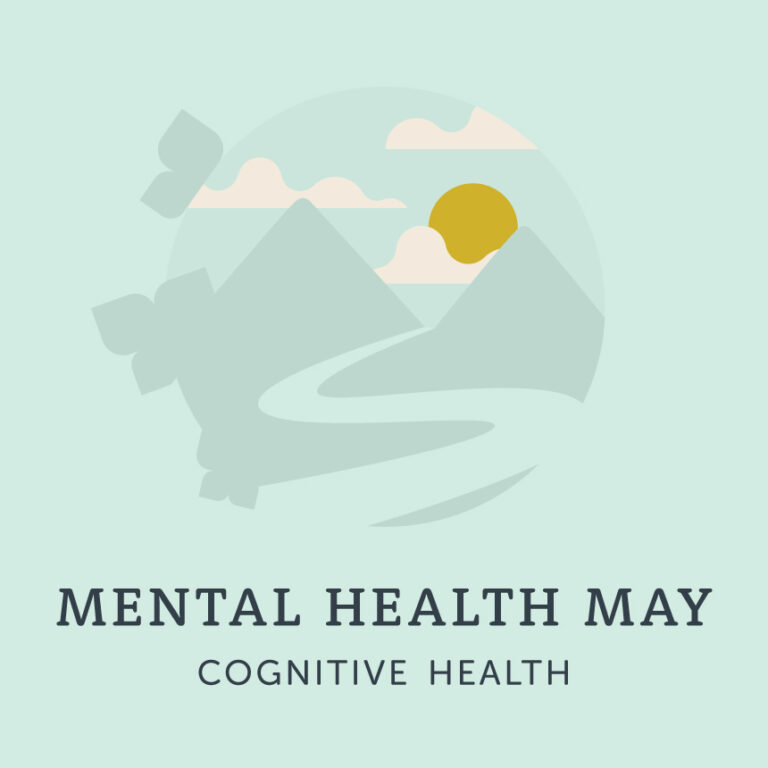
We observe National Minority Mental Health Month each July to bring awareness to the unique struggles that racial and ethnic minority communities face regarding mental health illnesses. We know that mental health illnesses do not discriminate based on race, color, gender or identity. Anyone at any time can experience the challenges and impacts of mental illness regardless of their background. However, one’s background and identity can make access to mental health treatment much more difficult.
It’s important to acknowledge that the term “minority” is often used to refer to a group that is smaller and usually nonwhite. It does not truly reflect the many groups of people who get lumped into the category of being nonwhite and the word holds the connotation of an often oppressed group. It minimizes the historically marginalized people and promotes erasure. There has been a push in recent years to refer to July as National BIPOC (black, indigenous, people of color) Mental Health Month.
According to the National Institute of Mental Health, nearly one in five US adults live with a mental illness. While our communities of color have rates of mental health disorders similar to Whites, these disorders are more likely to last longer and result in more significant disability. According to the Substance Abuse and Mental Health Services Administration (SAMHSA):
- Over 70% of Black/African American adolescents with a major depressive episode did not receive treatment for their condition.
- Almost 25% of adolescents with a major depressive episode in the last year were Hispanic/Latino(x).
- Asian American adults were less likely to use mental health services than any other racial/ethnic group.
- In the past year, nearly 1 in 10 American Indian or Alaska Native young adults had serious thoughts of suicide.
- In the past year, 1 in 7 Native Hawaiian and Pacific Islander adults had a diagnosable mental health illness.
- Read more about how mental health challenges create physical health disparities for marginalized populations.
We believe that our staff at LifeWorks NW are poised to be incredible change agents by promoting a culture of equity and inclusion. This means being an advocate when we have the opportunity to speak out on behalf of mental health underrepresented groups and communities. We strive to share information we’ve learned and apply that learning to quality care from a cultural and equity practice. We also show compassion and seek understanding of the experiences individuals that are different from our own identities have and how it impacts how they navigate the world. We aim to treat all with the dignity and respect they deserve.
The challenges of mental health conditions, health coverage and access to care, as well as the stigma of mental illness requires all of us, our collective efforts. As an organization, LifeWorks NW promotes a healthy community by providing quality and culturally responsive mental health and addiction services across the lifespan. Together, we believe that those impacted by mental health illness can get the appropriate support and quality of care that helps our community live healthy, fulfilling lives as they have defined that.




